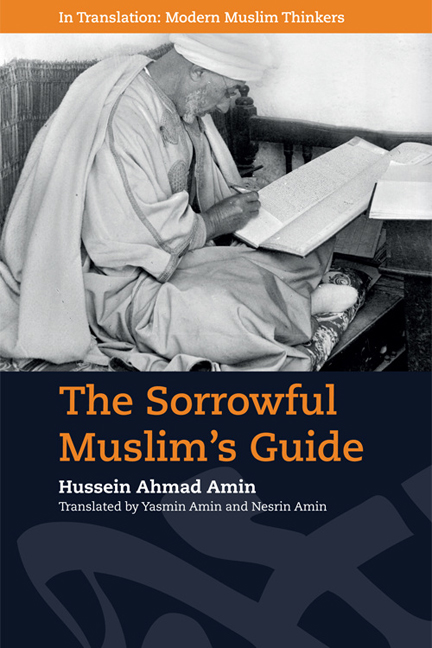10 - The Awaited Mahdi in Contemporary Times
Published online by Cambridge University Press: 06 May 2021
Summary
Certain attitudes which are the natural product of Bedouin life imposed themselves on the urban and rural peoples of the countries conquered by the Muslim armies, despite going against the basic attitudes and natures of the agricultural communities or urban populations. This victory of Arab Bedouin ideologies was the result of two key factors:
First: Islam – after the conquests – quickly turned from just being a religion to being a culture and a way of life, a methodology and a basic attitude towards existence, which swept the Islamic state (or states) from Andalusia to the west of China. Contributing to its dissemination was the large number of inter-marriages and the movement of Muslim individuals throughout the Dār al-Islām for Ḥajj, trade or work, to visit, or to learn ḥadīth and the sciences, or to participate in the conquests and invasions. Hence, the Muslim Empire became a melting pot in which all the various elements were mingled and fused together, including the Arab Bedouins and the Bedouins of North Africa.
Second: certain factors prevailed among all Islamic nations; the most important one being the political circumstances, thus reinforcing certain attitudes which were in common with those of the Bedouins, even if the latter were not its direct source.
Take, for example, the tendency to believe in fate and destiny. It is easy to discern the roots and causes of this attitude among the Bedouins. The lives of the Bedouins were completely dependent on water and pasture – rain signified survival and drought annihilation. Yet a Bedouin had no control over either of these things. Moreover, while travelling in the desert with his camels and cattle looking for pastures, he could get lost and go around in circles or be attacked by other tribes seeking to pillage his possessions. In a matter of moments, he would go from being healthy and wealthy to losing all he owned in this world, including food and water-skins, and he would find himself nearing death and starvation.
Al-Mutanabbī writes:
Come evening he rolled out silk for them in greeting But next morning he covered them in dust sheeting
From the above, we can also understand a Bedouin writing verses such as:
In the blink of an eye,
God changes one state to another.
- Type
- Chapter
- Information
- The Sorrowful Muslim's Guide , pp. 189 - 198Publisher: Edinburgh University PressPrint publication year: 2018



